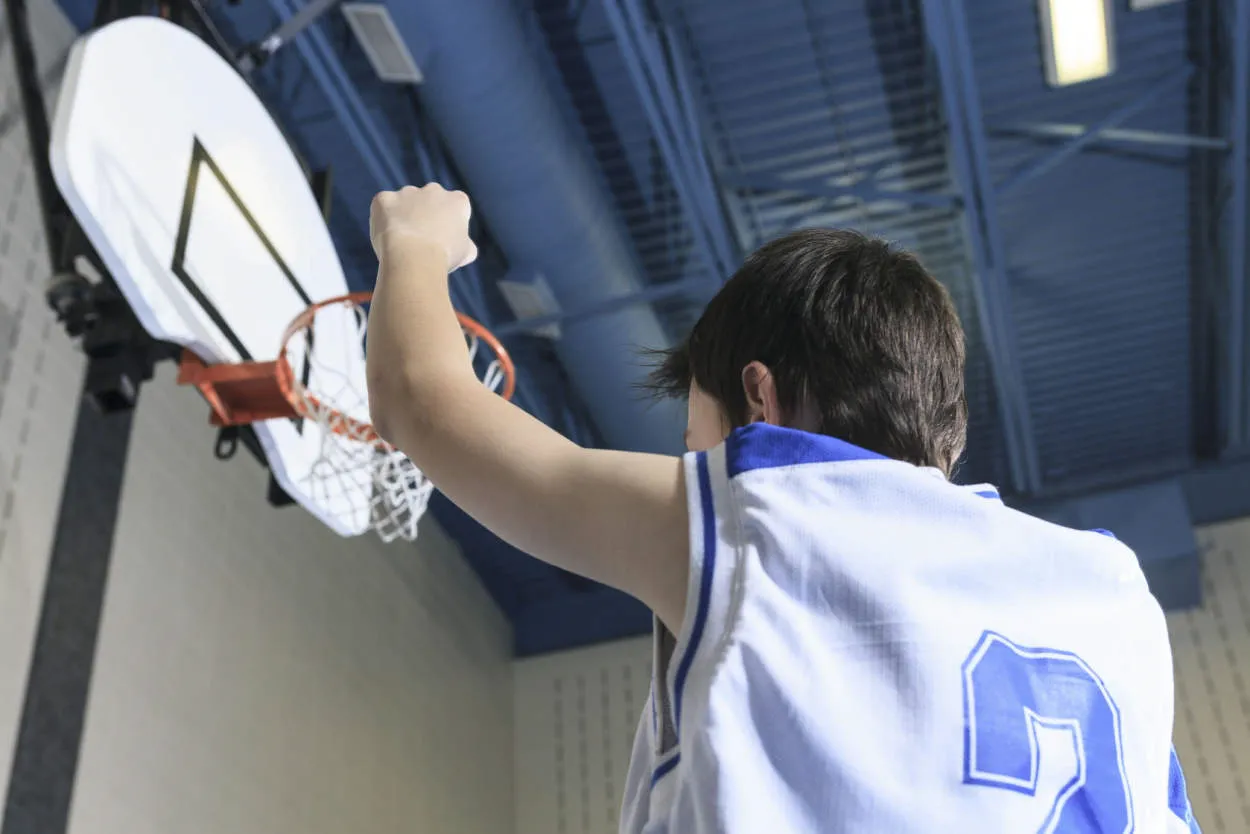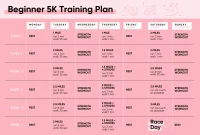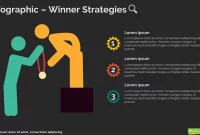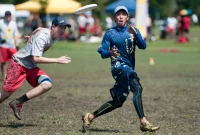Mastering Sports Techniques: Tips and Tricks offers valuable insights on refining your athletic skills to take your game to the next level. Discover expert advice and strategies to enhance your performance, improve agility, and gain a competitive edge. Whether you’re a beginner or an experienced athlete, this article is a must-read for those seeking mastery in their chosen sport.
Improving Your Technique in Various Sports
Mastering sports techniques is crucial for any athlete looking to excel in their chosen discipline. Whether you’re a beginner or a seasoned player, honing your skills can significantly enhance your performance on the field, court, or track. Here are some valuable tips and tricks to help you improve your technique in various sports:
1. Focus on Proper Fundamentals
Building a solid foundation is essential in any sport. Take the time to learn and perfect the basic skills and techniques. This includes footwork, coordination, posture, and body positioning. Having a strong understanding of the fundamentals will provide a stable platform for further development in your chosen sport.
2. Study and Analyze
Continuous learning is key to improving your technique. Study professionals in your sport and observe their movements closely. Analyze their form, strategies, and decision-making. You can also watch instructional videos and read books written by experts to gain valuable insights. By studying successful athletes, you can identify areas where you need to make improvements in your own technique.
3. Find a Knowledgeable Coach
Having a knowledgeable coach or mentor is invaluable for your progress. A skilled coach can provide personalized guidance, correct your form, and give you constructive feedback. They can identify weaknesses in your technique and design drills and training programs to specifically address those areas.
4. Practice with Purpose
Regular practice is essential, but practicing with purpose is even more important. Set specific goals for each session and focus on the areas you need to improve. Break down complex techniques into smaller components and practice them individually. This approach will help you master each aspect of the skill and gradually integrate them into your overall technique.
5. Cross-Train
Participating in other sports or engaging in cross-training activities can benefit your technique overall. Different sports and activities require various skills that can complement and enhance your performance in your primary sport. For example, yoga can help improve flexibility, while strength training can increase power and endurance.
6. Seek Feedback and Embrace Failure
Seek feedback from your coach, teammates, or experienced players. They can provide valuable insights and suggestions for improvement. Additionally, don’t be afraid to make mistakes and embrace failure as part of the learning process. Learn from your failures, make adjustments, and persist in your practice.
By implementing these tips and tricks, you can take your sports technique to the next level. Remember, mastering any sport requires dedication, perseverance, and a commitment to constant improvement.
The Role of Mental Preparation in Sports
Sports mastery extends beyond physical skills and techniques; mental preparation plays a significant role in achieving success on the field. While physical conditioning is important, having the right mindset can make all the difference in a competitive sporting environment. Here are key factors in understanding the role of mental preparation in sports:
Visualizing Success
Elite athletes utilize visualization techniques to mentally rehearse their performance before stepping onto the field. By vividly imagining every movement, strategy, and outcome, athletes can enhance their focus, build confidence, and increase their chances of executing their techniques flawlessly during the actual game or competition.
Managing Pressure
Under high-pressure situations, athletes often experience heightened anxiety and stress. Mental preparation helps athletes develop strategies to manage and control these emotions effectively. By practicing relaxation techniques, such as deep breathing or positive self-talk, players can calm their nerves and maintain composure, leading to improved decision-making and performance when the pressure is on.
Building Resilience
In sports, setbacks and failures are inevitable. Mental preparation helps athletes develop resilience to bounce back from such challenges. By fostering a growth mindset and focusing on learning rather than dwelling on mistakes, athletes can use failures as opportunities for improvement. Developing resilience not only helps in overcoming obstacles but also enhances mental toughness, enabling athletes to perform at their best even in adverse situations.
Enhancing Concentration
Concentration is crucial for athletes to maintain consistent performance throughout a game or match. Mental preparation techniques, such as mindfulness and meditation, can help athletes sharpen their focus and block out distractions. By training the mind to be present in the moment, athletes can better anticipate opponents’ moves, react quickly, and make critical decisions without being overwhelmed by external factors.
Boosting Motivation
Mental preparation plays a pivotal role in boosting athletes’ motivation levels. By setting clear goals, creating action plans, and visualizing success, athletes can stay motivated and committed to their training regimen. Additionally, practices such as positive affirmations, surrounding oneself with a supportive team, and seeking inspiration from role models can fuel an athlete’s drive to continually strive for greatness.
While physical skills are undoubtedly important in sports, the significance of mental preparation should not be underestimated. Athletes who prioritize mental training alongside their physical training greatly increase their chances of success and achievement in their respective sports.
Training Routines of Professional Athletes
Professional athletes dedicate a significant amount of time and effort to training in order to master their sports techniques. Here are some key tips and tricks they utilize:
1. Consistency is Key
Professional athletes maintain a consistent training schedule. They understand that regular practice is essential for skill development and improvement. Consistency helps in building muscle memory and refining techniques over time.
2. Varied Workouts
Top athletes engage in a variety of workouts to enhance their overall fitness and athleticism. They combine strength training, cardio exercises, agility drills, and sport-specific practices to develop a well-rounded skill set.
3. Mental Conditioning
Mastering sports techniques involves more than just physical training. Professional athletes prioritize mental conditioning and employ techniques like visualization, positive self-talk, and goal setting. They understand the power of a strong mindset in performing at their best.
4. Skilled Coaching
Professional athletes often work with experienced coaches who provide expert guidance. Coaches help design personalized training programs, identify areas for improvement, and offer valuable feedback to optimize performance.
5. Focus on Fundamentals
Even at the highest level, professional athletes continuously work on mastering the fundamentals. They understand that a strong foundation is crucial for advanced techniques. Regularly practicing and refining the basics helps to maintain consistency and precision.
6. Cross-training
Many professional athletes engage in cross-training activities to improve their performance. Cross-training involves participating in other sports or activities that complement their primary sport. It helps to enhance overall fitness, prevent injuries, and boost versatility.
In conclusion, professional athletes follow disciplined training routines that prioritize consistency, varied workouts, mental conditioning, skilled coaching, focus on fundamentals, and cross-training. These key strategies contribute to their mastery of sports techniques, enabling them to excel in their respective fields.
Overcoming Plateaus in Sports Training
In the pursuit of mastering sports techniques, athletes often encounter plateaus that hinder their progress. These plateaus can be frustrating and demotivating, but with the right approach, they can be overcome. Here are some tips and tricks to push through these plateaus and continue improving in your sports training:
1. Set Clear Goals
One of the most effective ways to overcome plateaus is to set clear and achievable goals. By having specific targets to work towards, you can track your progress and stay motivated. Break down your larger goals into smaller, manageable milestones to make them more attainable.
2. Vary Your Training Routine
Plateaus often occur when your body becomes accustomed to a certain training routine. Shake things up by introducing new exercises, drills, or techniques into your regimen. This will challenge your body in different ways and stimulate further improvement.
3. Seek Expert Feedback
Consulting with coaches, trainers, or experts in your sport can provide valuable insights and feedback. They can identify any flaws in your technique or suggest adjustments that may help you break through your plateau. Constructive criticism is crucial for growth.
4. Cross-Train
Engaging in cross-training activities can benefit your overall athletic development. By participating in different sports or activities, you can work on complementary skills and avoid overtraining specific muscle groups. This can help prevent plateaus and enhance your performance.
5. Rest and Recover
Plateaus can also be a sign of overtraining or burnout. Adequate rest and recovery periods are essential for allowing your body to rebuild and adapt. Ensure you are getting enough sleep, practicing proper nutrition, and incorporating rest days into your training schedule.
By implementing these tips and tricks into your sports training routine, you can overcome plateaus and continue on your journey towards mastering sports techniques. Remember, perseverance, dedication, and a willingness to adapt are key to unlocking your full potential. Keep pushing forward!
The Importance of Coaching and Feedback
Coaching and feedback play a vital role in mastering sports techniques. Whether you are a beginner or an experienced athlete, receiving proper coaching and feedback can greatly enhance your performance and help you reach your full potential.
1. Skill Development
Coaching provides athletes with the necessary guidance to develop their skills. A coach can identify areas that need improvement, teach proper techniques, and offer valuable advice on how to enhance performance. With regular coaching, athletes can refine their skills and become more proficient in their chosen sport.
2. Motivation and Confidence
Feedback from coaches not only helps athletes improve their technical abilities but also boosts their motivation and confidence. Positive feedback acknowledges their efforts and progress, instilling a sense of accomplishment. Constructive criticism, on the other hand, highlights areas that require attention, enabling athletes to focus on specific aspects for growth.
3. Proper Form and Injury Prevention
Coaching ensures athletes maintain proper form while performing sports techniques. Learning the correct way to execute movements not only enhances performance but also minimizes the risk of injuries. Coaches can identify faulty movements and provide guidance on how to correct them, ensuring athletes stay safe and healthy.
4. Strategy and Tactical Knowledge
Effective coaching involves sharing strategic insights and tactical knowledge with athletes. Understanding game plans, learning different plays, and analyzing opponents’ strengths and weaknesses are essential components of mastering sports techniques. Coaches provide valuable insights that help athletes make better decisions, improving their overall game.
5. Mental Resilience
Coaching and feedback not only focus on physical aspects but also on mental resilience. Coaches can help athletes develop mental toughness, teaching them how to handle pressure, overcome setbacks, and stay focused during competitions. This mental strength plays a crucial role in mastering sports techniques and achieving success.
Conclusion
In conclusion, mastering sports techniques requires consistent practice, determination, and a deep understanding of the fundamentals. Whether it’s perfecting a golf swing, nailing a basketball jump shot, or improving your serve in tennis, honing your skills takes time and effort. By following these tips and tricks, athletes can elevate their performance and achieve their goals in their chosen sport.




